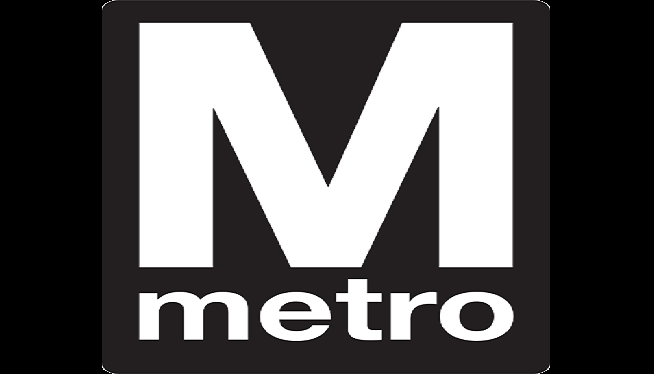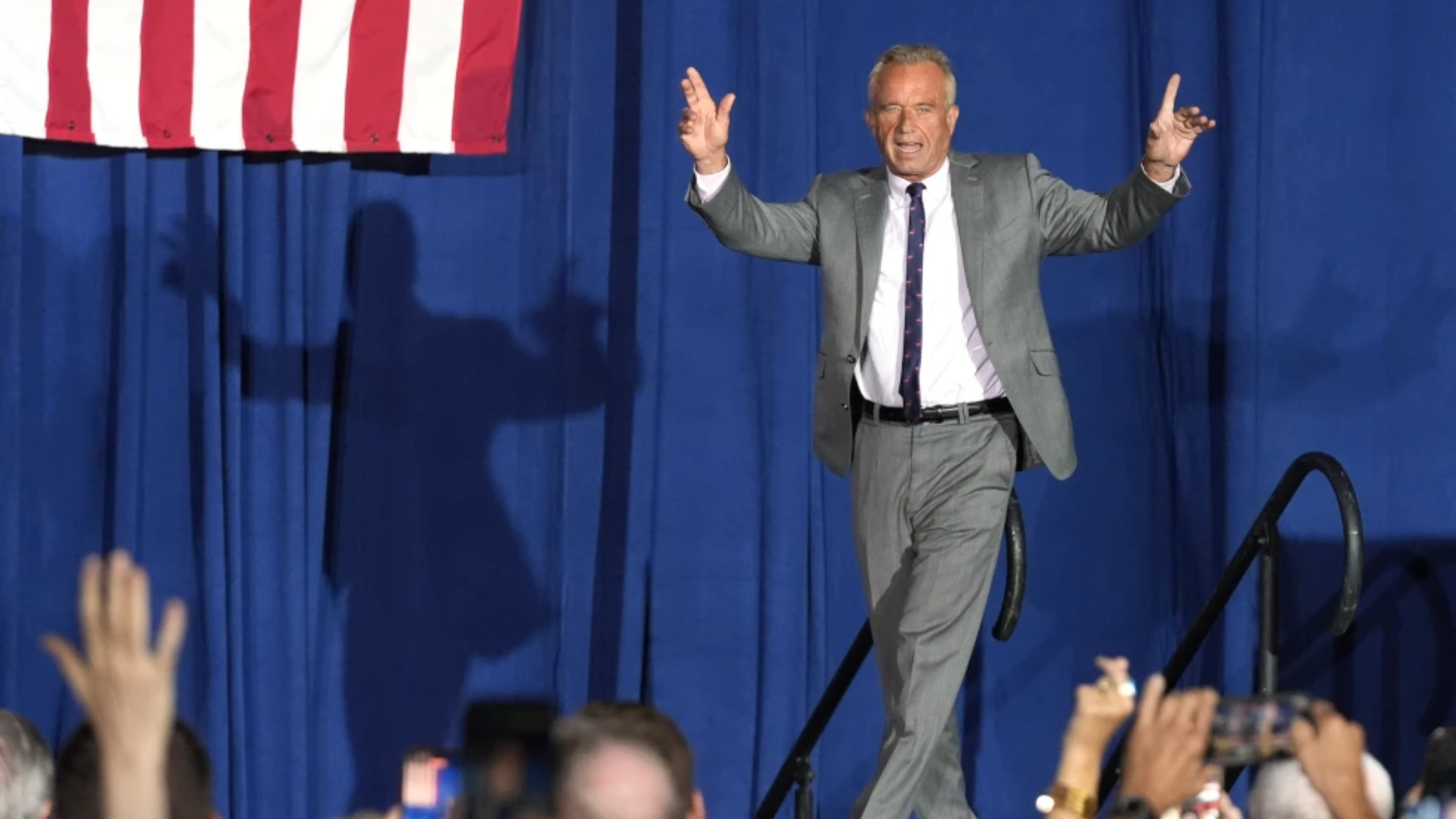Steve Burns
WMAL.com
WASHINGTON – (WMAL) It seemed to be the one point most leaders in the region could agree on early in debate around dedicated funding for Metro: The Washington Metropolitan Area Transit Authority’s convoluted governance structure needed to change. Some even went as far as endorsing a jettisoning of Metro’s 16-member Board of Directors, to be replaced by a five-member Reform Board.
Then-Virginia Gov. Terry McAuliffe even went as far as predicting complete inaction without wholesale changes, telling reporters in a December press conference, “I know my legislators. I have worked with them for four years. I know what it takes.”
His prediction proved wrong.
Instead, as Maryland, the District, and Virginia put the finishing touches on their respective bills to give WMATA an additional $500 million a year, every year, their bills include some more toned-down attempts at untangling Metro’s governance.
Each jurisdiction appoints two voting members and two non-voting members. Virginia’s measure may be the most drastic, effectively cutting the board in half by prohibiting non-voting members from taking part in meetings. It will apply to the entire board, not just Virginia’s members.
“If we want Virginia’s money, which we have to get for our money to kick in, then their changes as to when alternates can participate have to apply evenly,” Md. Del. Marc Korman told WMAL. “It’s not entirely clear how that’s actually going to work in practice, though. There’s a little bit of ambiguity there that’ll be fleshed out at the next few board meetings.”
Maryland lawmakers and Governor Larry Hogan also attempted to add a sense of accountability by requiring one of the state’s two appointed board members be either the state’s Secretary of Transportation or the Secretary’s designee.
“We’re putting in someone who has knowledge, experience, staff, and political accountability to really be a watchdog for Metro, as opposed to what we have now, which are very well-meaning people, but they don’t necessarily have the connection to the administration, the expertise, the staff, the time to do the job that’s necessary for something this big and complex,” Korman said.
The lack of more far-ranging changes to Metro’s governance have largely been attributed to fears that the prospect could derail larger efforts to secure the system dedicated funding that were already on track. Hogan had earlier expressed a fear that large-scale adjustments would necessitate reopening Metro’s founding document, known as the Metro Compact. Changes in the compact’s language would need approval from lawmakers in Maryland, the District, Virginia, and Congress, resulting in what Hogan and others believed could be a years-long endeavor.
Hogan held a ceremony at Strathmore last week, signing the governance and funding bills, along with a bill offering Amazon over $8 billion in tax breaks and transportation improvements should it choose to put its coveted HQ2 in Montgomery County.
Virginia Gov. Ralph Northam confirmed he still plans to sign his state’s dedicated funding bill, despite his preferred amendments not making the cut among lawmakers in Richmond. Northam had attempted to raise hotel and real estate taxes in Northern Virginia to pay the state’s share, but that was rebuffed by the Republican-controlled House. Lawmakers kept to the original plan of diverting money from the Northern Virginia Transportation Authority, money local lawmakers said they depended on for road projects.
The District’s fund for the dedicated money has been set up, but lawmakers still need to specify sources of the money. D.C. Mayor Muriel Bowser has proposed raising taxes on Uber and Lyft rides, along with hikes in commercial property taxes and sales taxes.
Copyright 2017 by WMAL.com. All Rights Reserved. (Photo: Wikimedia Commons via Washington Metro)






















